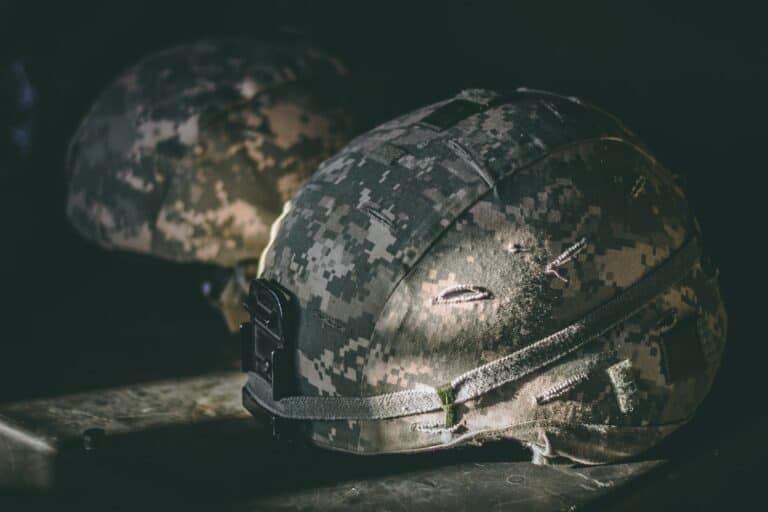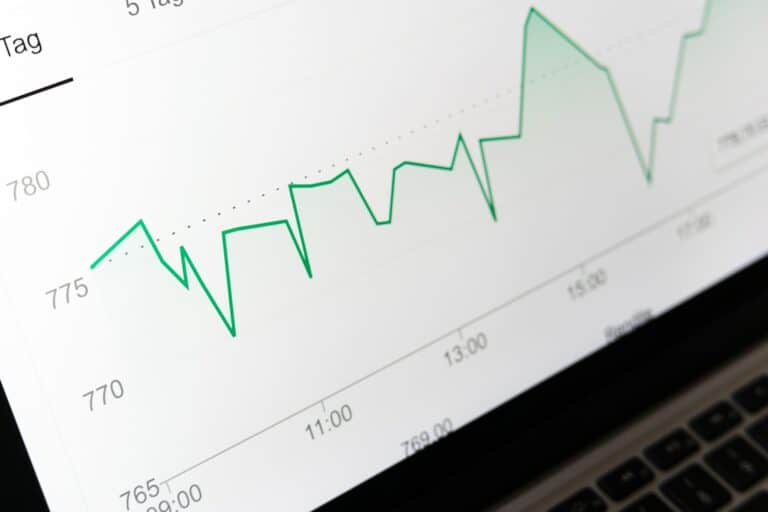What Is Noise-Induced Hearing Loss? Causes and Care
According to the National Institute on Deafness and Other Communication Disorders (NIDCD), more than 37 million adults in the United States report having some issues with their hearing. The United Kingdom’s Royal National Institute for Deaf People reports 12 million adults also suffer from hearing loss in the UK. Symptoms of hearing impairment range from muffled hearing to trouble following conversations when there’s background noise.
Even at mild and moderate levels, hearing loss is frustrating. It can cause trouble with learning comprehension and social communication, which affects self-esteem and emotional well-being.
For many, exposure to loud noises can be the culprit behind hearing loss symptoms. But the good news is that you can prevent noise-induced hearing loss.
Keep reading to learn more about the symptoms of noise-induced hearing loss and how to lower your risk. Here’s what you’ll learn:
- What Is Noise-Induced Hearing Loss?
- Noise-Induced Hearing Loss vs. Auditory Processing Disorder (APD)
- How Loud Noises Cause Hearing Damage
- Treatment Options for Noise-Induced Hearing Loss
- Tips for Protecting Your Hearing
- Final Thoughts: What Is Noise-Induced Hearing Loss? Causes and Care
What Is Noise-Induced Hearing Loss?
Noise-induced hearing loss (NIHL) is the loss of hearing caused by exposure to loud, harmful sounds. It’s a type of sensorineural hearing loss, which means it results from damage to the inner ear caused by those loud sounds.
If you experience noise-induced hearing loss, you may feel symptoms in one or both of your ears. Sometimes it can be temporary, but long-term exposure to excessively loud sounds can result in permanent hearing impairment.
Symptoms of Noise-Induced Hearing Loss
The symptoms of noise-induced hearing loss include:
- Inability to hear high-pitched sounds
- Tinnitus (ringing or buzzing in the ear)
- Pain in ears following loud noise exposure
- Being told that you’re talking loudly or shouting
- Trouble hearing others speak or feeling like they’re mumbling
- Having a hard time hearing words that begin with “s,” “sh,” “th,” and “f”
If you experience any of these symptoms, talk to your doctor and see if you need to make an appointment with a hearing specialist — also known as an audiologist.

An audiologist can perform hearing tests to diagnose what’s causing your hearing loss and point you toward the right treatment options.
Who Is Affected by Noise-Induced Hearing Loss?
Noise-induced hearing loss can happen to anyone, but people who are regularly exposed to harmful sounds are at a higher risk.
For example, jobs in the construction, airline, and railway industries might put you in frequent contact with loud machinery and other noises that can be harmful to the ear. Recreational activities that involve excessive noise, such as riding motorcycles or hunting and shooting, can result in hearing loss if you don’t protect your ears. And even listening to loud music through headphones and earbuds at unsafe volumes can put you at a higher risk of permanently damaging your hearing.
Noise-induced hearing loss can impact people of all ages. The Centers for Disease Control and Prevention (CDC) estimates that noise-induced hearing loss affects 10 million to 40 million Americans under the age of 70. And the World Health Organization estimates over 1 billion teenagers and young adults are currently at risk of developing noise-induced hearing loss due to unsafe use of personal audio devices and damaging sound exposure in noisy entertainment venues.

Musicians who perform live can also experience noise-induced hearing loss. Dave Grohl, frontman of the rock group Foo Fighters, says that years on stage without hearing protection devices has left him deaf in social situations. Grohl can still hear frequencies in the music he produces but relies on lip reading when he speaks to others.
Noise-Induced Hearing Loss vs. Auditory Processing Disorder (APD)
Unlike NIHL, people with auditory processing disorder (APD) have healthy ears, but the part of the brain that processes sounds (the auditory cortex) doesn’t work like everyone else’s.
Symptoms of APD often show up in children and include difficulty following conversations and verbal instructions, along with attention and learning challenges.
If your child shows symptoms of hearing loss, talk to your pediatric care provider and an audiologist to get a proper diagnosis. Since the causes of APD and NIHL differ, so will treatment options.
Treatments for APD include classroom support, electronic devices, and speech therapy.
How Loud Noises Cause Hearing Damage
Sounds are measured using the unit decibels (dBA). Any sounds at or below 70 dBA are considered safe, which means they probably won’t cause any hearing loss even if you’re exposed to them for long periods of time.
On the other hand, sounds louder than 85 dBA can cause hearing loss if you have long or repeated exposure to them. The louder the sound and the closer you are to it, the more likely it is to put you at risk for hearing loss.
Here’s a list of common sounds and their decibel levels:
- Normal breathing: 10 dBA
- Rainfall: 50 dBA
- Normal conversations: 60–70 dBA
- Movie theaters: 74 to 104 dBA
- Motorcycles: 80–110 dBA
- Maximum volume on headphones: 94–110 dBA
- Shouting in ear: 110 dBA
- Sirens: 110–130 dBA
- Fireworks: 140–160 dBA
When you’re exposed to sound levels over 85 dBA, the sound waves damage the hair cells in your inner ear, which affects your ability to hear and process sound. These cells are involved in translating sound waves into the chemical signals that your brain processes.

Treatment Options for Noise-Induced Hearing Loss
Some noise-induced hearing loss is temporary. For example, if you have one-time exposure to a loud siren, you may experience muffled hearing or ringing in your ears that goes away on its own.
But if you have long or repeated exposure to loud sounds, that can result in permanent hearing impairment, which requires treatment and management.
The most common treatment for NIHL is hearing aids, which are external devices worn in or on the ear that amplify sound waves before they enter the ear canal and pass through your eardrum. Wearing hearing aids is similar to putting on glasses to correct blurry vision.
If your hearing loss increases over time, your doctor may recommend cochlear implants, which are used for severe cases and require surgery.
You can also use treatments like LACE Auditory Training to help improve your brain-to-ear connection and learn how to manage your NIHL. You can use auditory training with or without hearing aids.

LACE’s exercises are backed by science and train your brain to better handle situations where NIHL may make things difficult, like hearing in noisy environments or understanding fast talkers.
Tips for Protecting Your Hearing
You can prevent most instances of NIHL. Here are some tips to help you protect your hearing:
- Keep the volume down when using personal audio devices – no more than 60% of max
- Use earplugs or earmuffs when working with devices that produce loud noises, such as power tools, lawn mowers, and leaf blowers
- Increase your distance from sound sources, such as loudspeakers
- Limit time spent engaged in noisy activities
- Learn which types of noises cause damage and avoid loud noise environments when you can
By following these tips, you can protect your hearing, reduce NIHL, and lower your risk of permanent hearing impairment.
Final Thoughts: What Is Noise-Induced Hearing Loss? Causes and Care
Regular exposure to hazardous noise levels can affect your hearing, which can result in permanent hearing loss. While noise-induced hearing loss is considered a common type of hearing loss, it can be treated and prevented.
The best way to prevent NIHL is by avoiding loud environments and prolonged exposure to loud noises. But, if you have to be around harmful noise, then wear protection and limit your exposure time.
For more information on improving your listening skills through a better brain-to-ear connection, explore LACE Auditory Training today.







